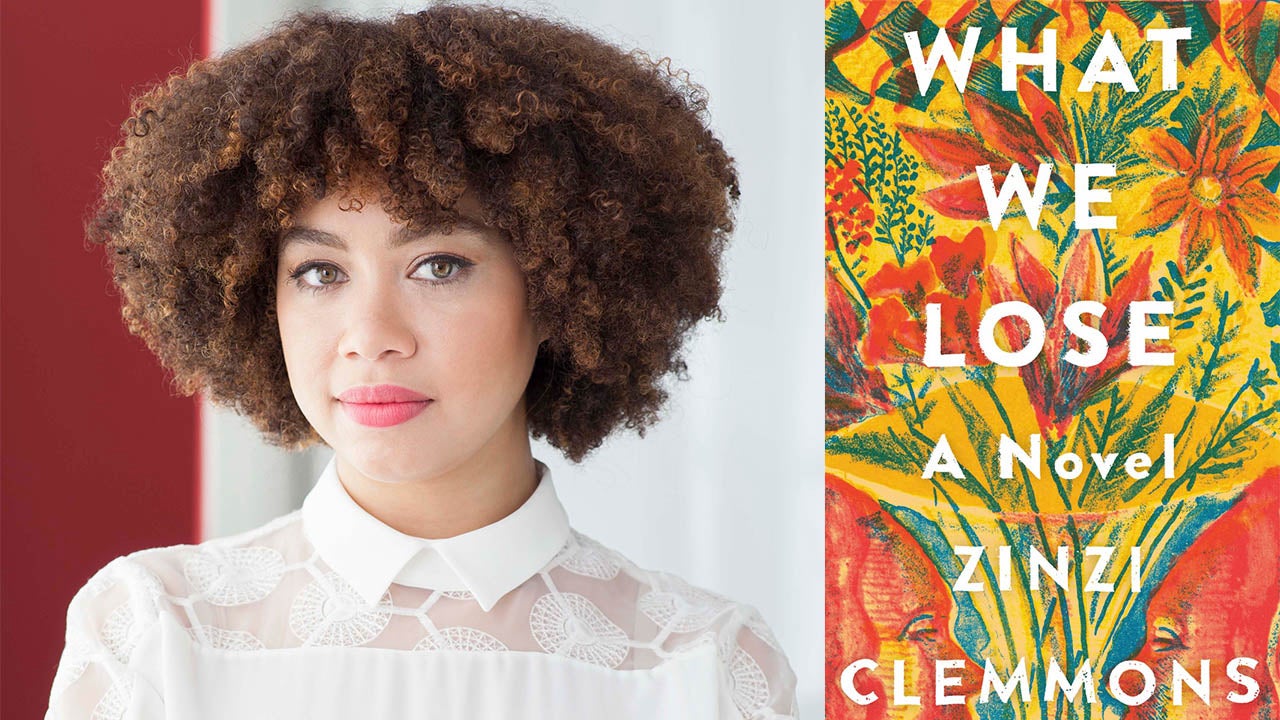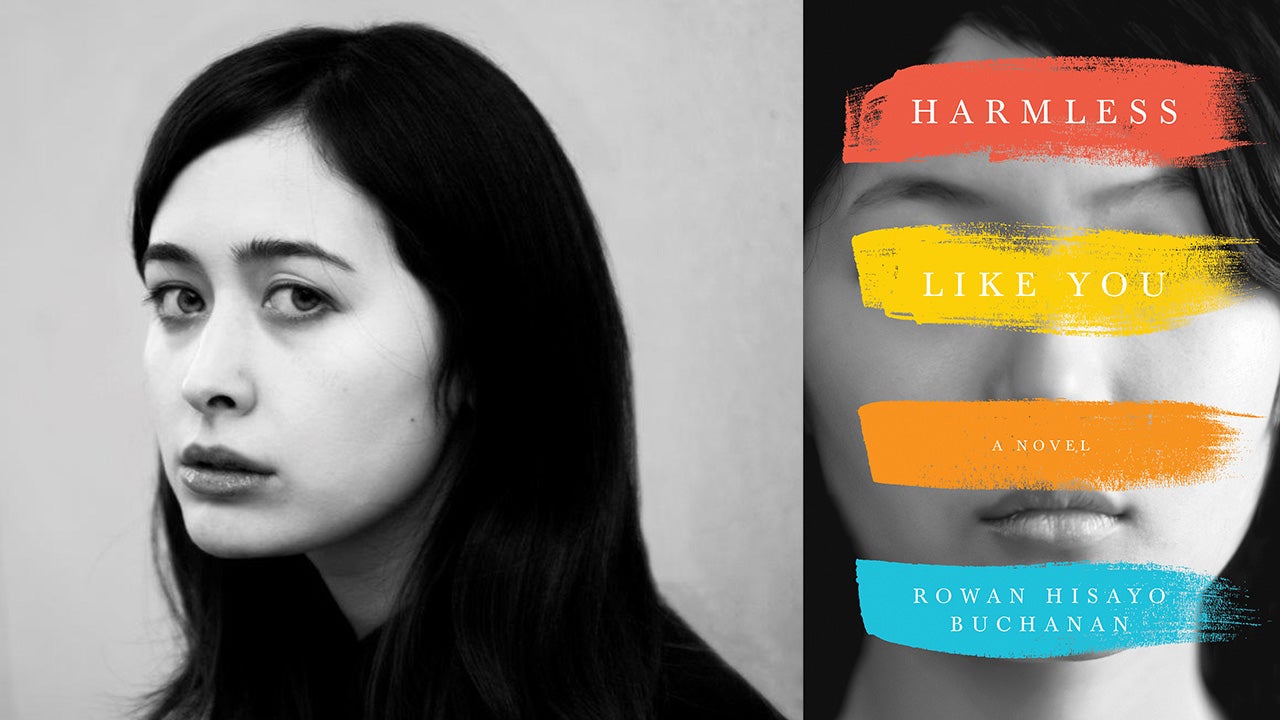
Photo by Nina Subin
Aspen Words will confer the inaugural $35,000 Aspen Words Literary Prize this year, recognizing a work of fiction with social impact. Twenty authors made the long list which included 12 novels and eight short story collections covering a variety of critical issues and published by an array of presses. The five finalists were announced this week. Aspen Words chatted with several longlist nominees about their work, the importance of fiction in understanding contemporary issues, and the books that have influenced them most.
Zinzi Clemmons’ debut novel What We Lose follows the journey of Thandi, who deals with the devastating loss of her mother. Thandi’s experiences as a half “coloured” (a multiracial ethnic group of South Africa) and half African-American woman mirror those of Clemmons’ own life, as she struggled with her mother’s death from cancer and the interlocking pieces of her identity. The novel depicts the nuances of race, gender, and class in the context of Thandi’s life as she navigates the post-Apartheid legacy of her mother’s heritage, the uncertainty of her own belonging, and the gravity of her loss.
Why did you write What We Lose?
I wrote What We Lose because I had to. I had been through the same experience and I knew that I had to share it.
What was the most challenging thing about writing this book?
Everything was pretty hard, but the most challenging part was turning a true story into fiction. It’s more than changing names, dates, and locations. I had to separate myself from the story, determine the parts that needed to remain, and buttress the rest with imagination. It was a difficult balance that I’m still not sure I achieved completely.
How might fiction help us to explore contemporary issues?
I find that people are more open and receptive to fiction than most other types of writing. Most people want to escape their lives for a little while and spend time in someone else’s life. I’ve been so happy to notice that my readers come from so many different backgrounds, but they can connect around this one experience, and while they’re there, they’re also considering some different ideas, perhaps their perspective has shifted a bit.
What was an early experience where you learned that language had power?
I only started writing in college (before that I was going to be a doctor, like any good child of immigrants), so most of my interactions with language happened with music. I listened to many singer-songwriters, but I mostly listened to hip hop. I could memorize lyrics very easily, and I loved noticing how the meaning of words would change from artist to artist, song to song. I saw the lexicon evolve over time, from the 90s until now–from the Sugar Hill Gang to Little Yachty — who would have predicted how hip hop would sound today? It’s an incredible thing to behold.
What book(s) have made you see the world differently? How?
I think most books I read–that are any good, anyway–encourage me to see the world differently, at least a little. But I think I started relating to literature differently after reading Paule Marshall’s Brown Girl, Brownstones. The protagonist in that story is so spunky, so charming, and her family is a lot like mine. I later ended up living across the street from the house the book is named after. Reading that book made me feel like a part of the world of literature, whereas before I considered myself a complete outsider.


